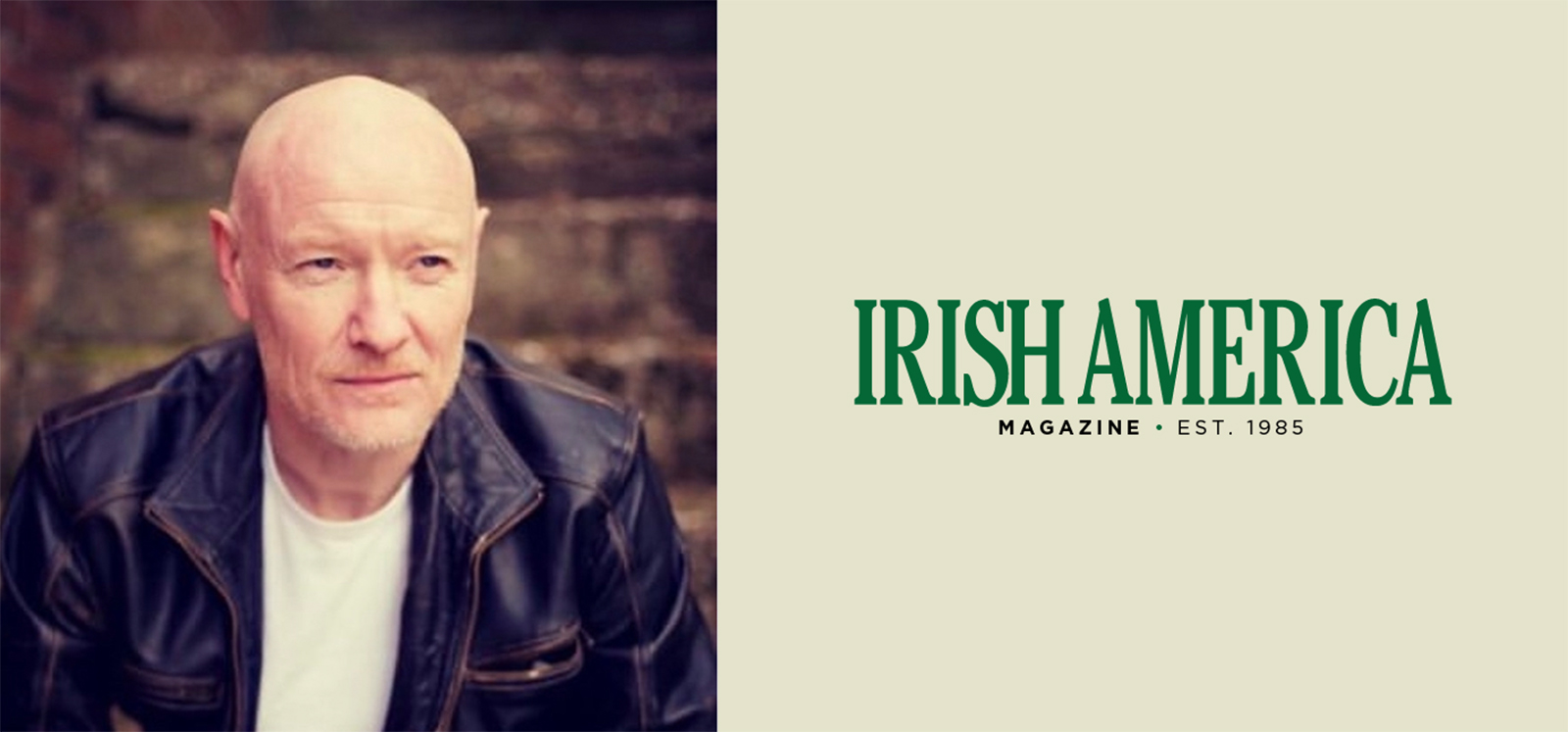Guildford Pub Bombings: Campaign for justice 50 years on
Professor Brian Dooley, Honorary Professor of Practice

Fifty years ago, on 5 October 1974, IRA bombs exploded in two pubs in the Surrey town of Guildford, south of London. The attacks were part of a prolific series of IRA bombings in and around London that lasted for several years. More than 70 explosive devices had been planted in London in the previous 12 months, plus various shootings. London’s Metropolitan Police joined the Surrey Police in the hunt for the bombers.
In a recent article in the Irish America Magazine Newsletter, Professor Brian Dooley reflects on how, despite a series of trials, appeals, an official inquiry and a coroners inquest, the full story of the attacks is still not public, and decades later victims and their families, lawyers, journalists and others are still campaigning for the truth.
Police arrested and then framed three young Irishmen and a 17 year-old English girl for the Guildford bombs. Paddy Armstrong, Gerry Conlon, Paul Hill and Carole Richardson were convicted of the murders, and became known as the Guildford Four. Seven more innocent people, including two more children, were also wrongly convicted in relation to the bombings, and are known as the Maguire Seven, as many were from a London-Irish family, the Maguires, including Gerry Conlon’s father Guiseppe (who died in prison), Conlon’s aunt, Anne Maguire, and her two teenage sons, Vincent and Patrick.
Despite confessions by Members of an IRA unit captured in London’s Balcombe Street in December 1975, they were never charged.
The Guildford Four were exonerated in 1989, and the Maguire Seven in 1991, after documents were discovered, including those showing that information about an alibi for Gerry Conlon had not been shared with the defence lawyers, and that detention sheets and confessions had been falsified in Guildford police station. Thirteen Surrey police officers were investigated and three were tried for conspiracy to pervert the course of justice. All were acquitted.
In 1989 Sir John May was appointed by the government to head an inquiry into how the the Guildford and Woolwich cases had been handled. His report, in which he criticised the police and the handling of scientific evidence linking the bombings to other cases, did not appear until 1994. No further action was taken after his report and much of the evidence heard by the May Inquiry remains secret.
Fifty years on, the case continues to haunt victims and British criminal justice system. The full truth of what happened that led to the false convictions has yet to be made public.
Read the article here.
